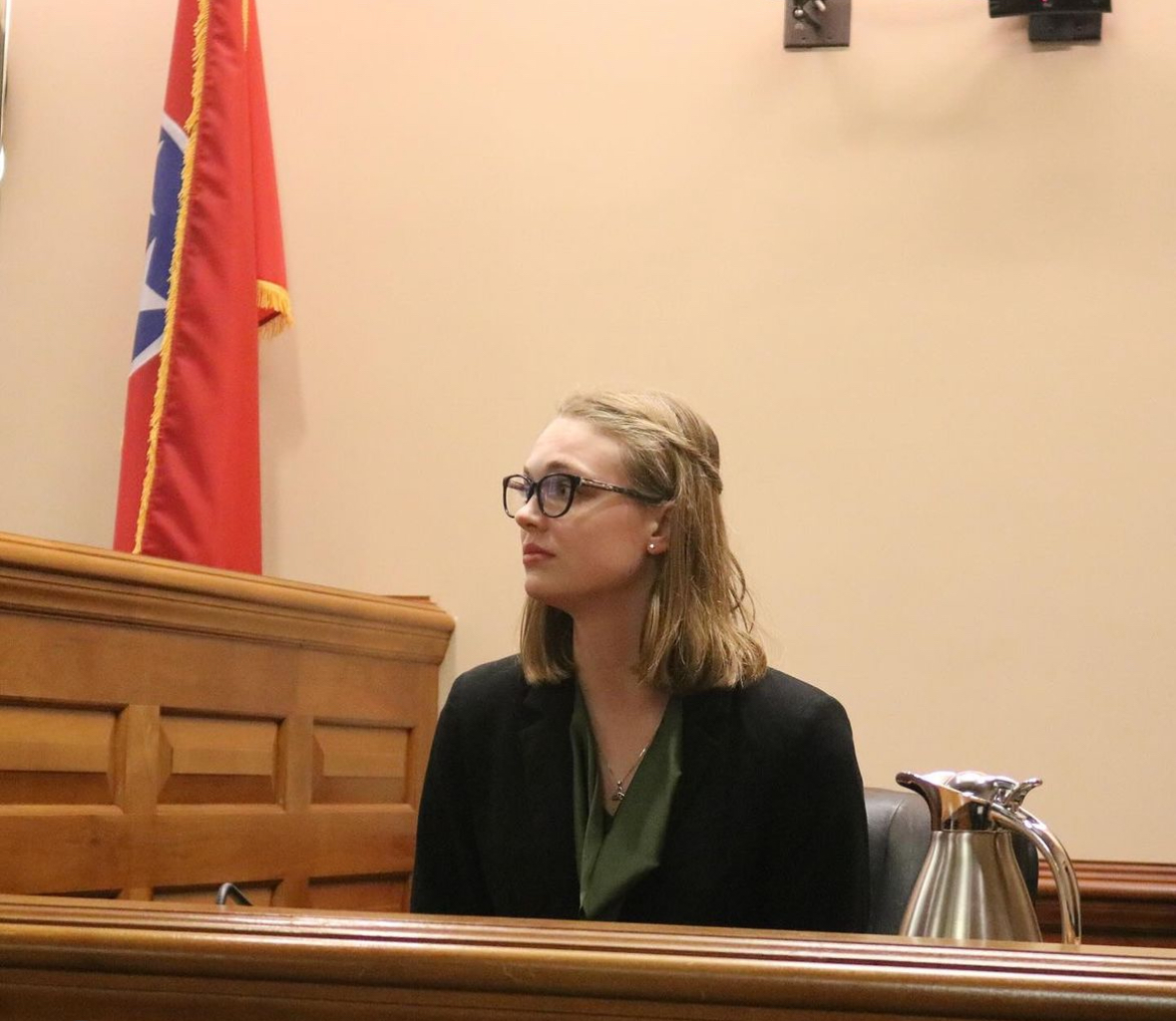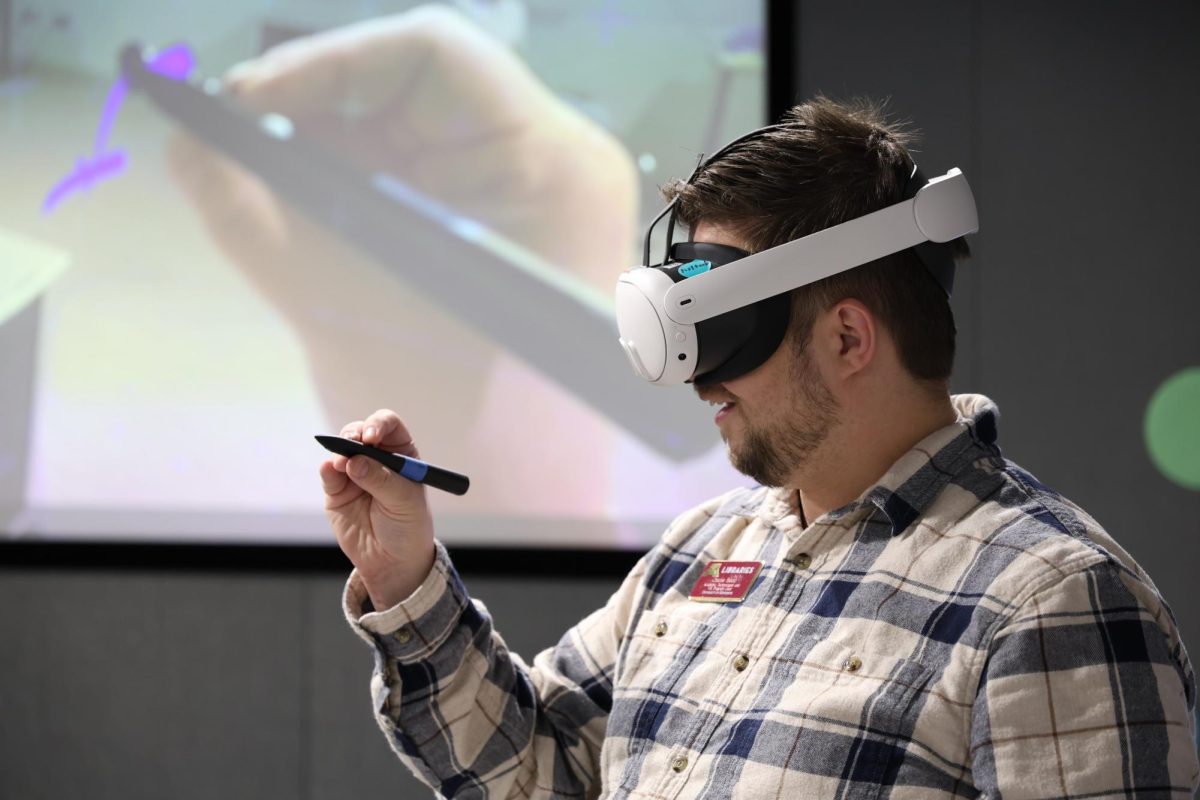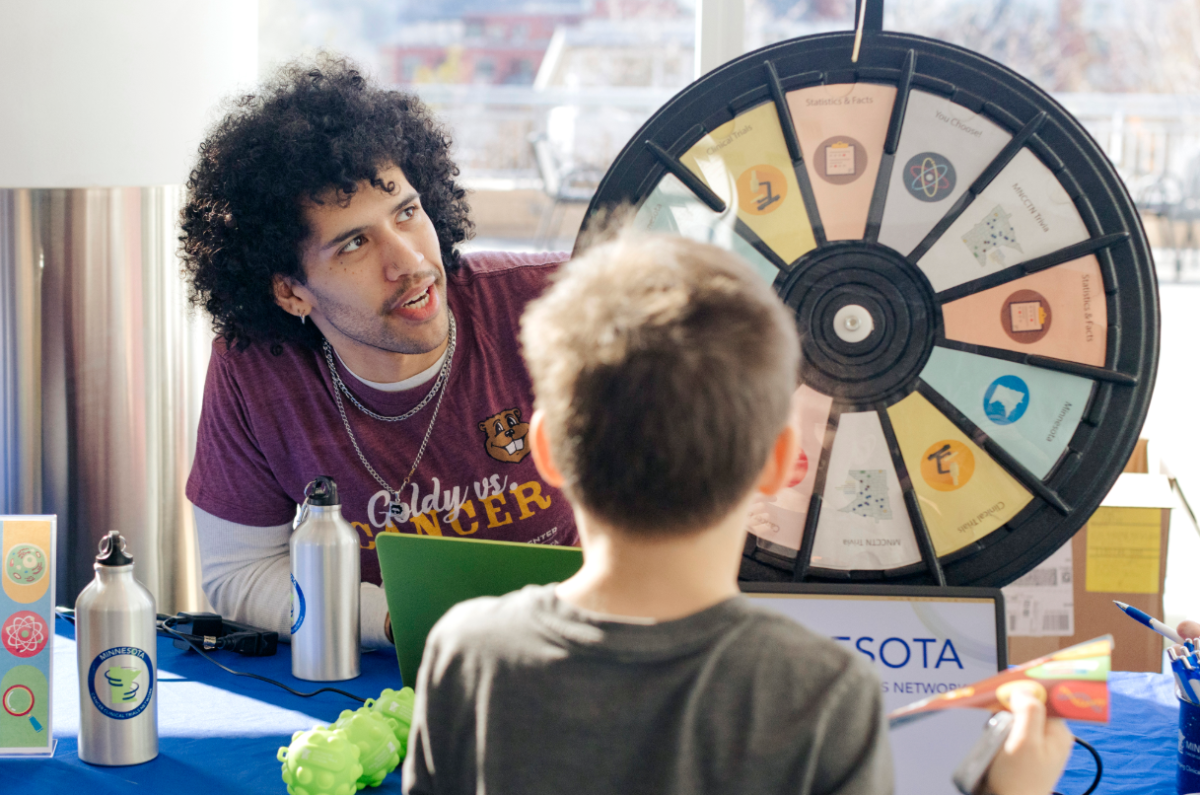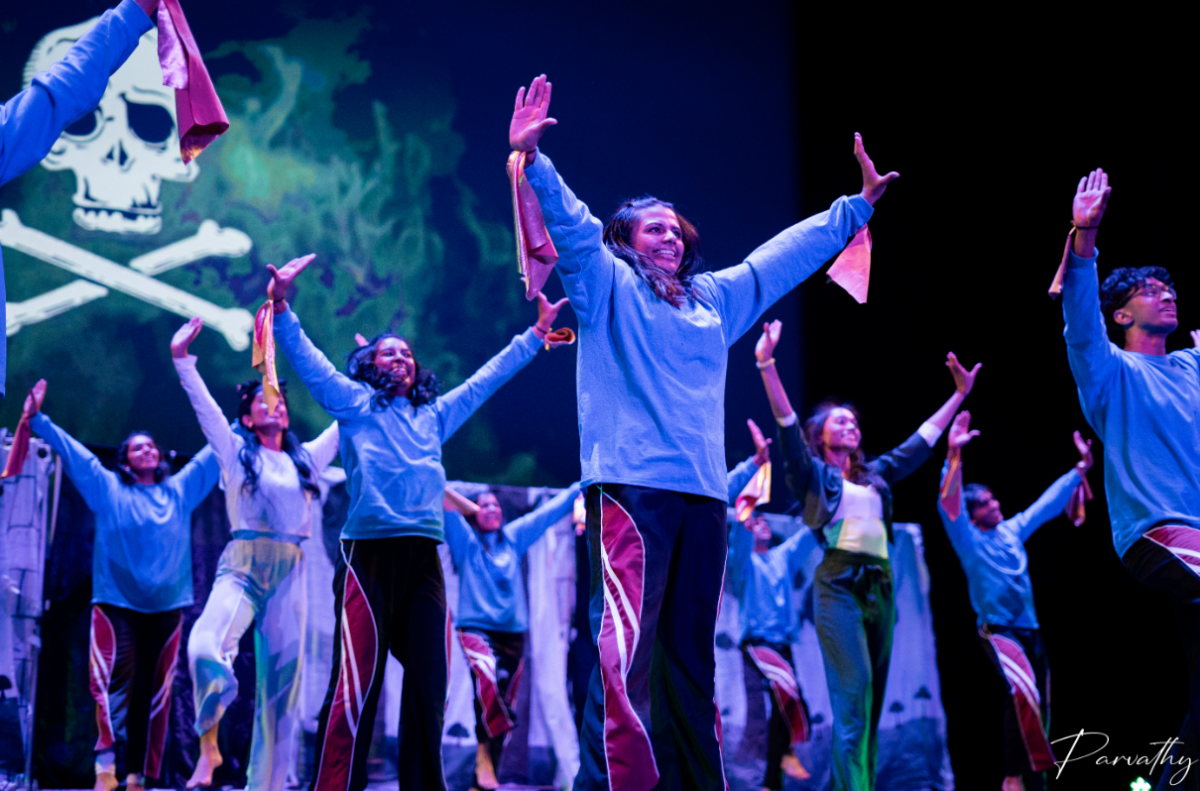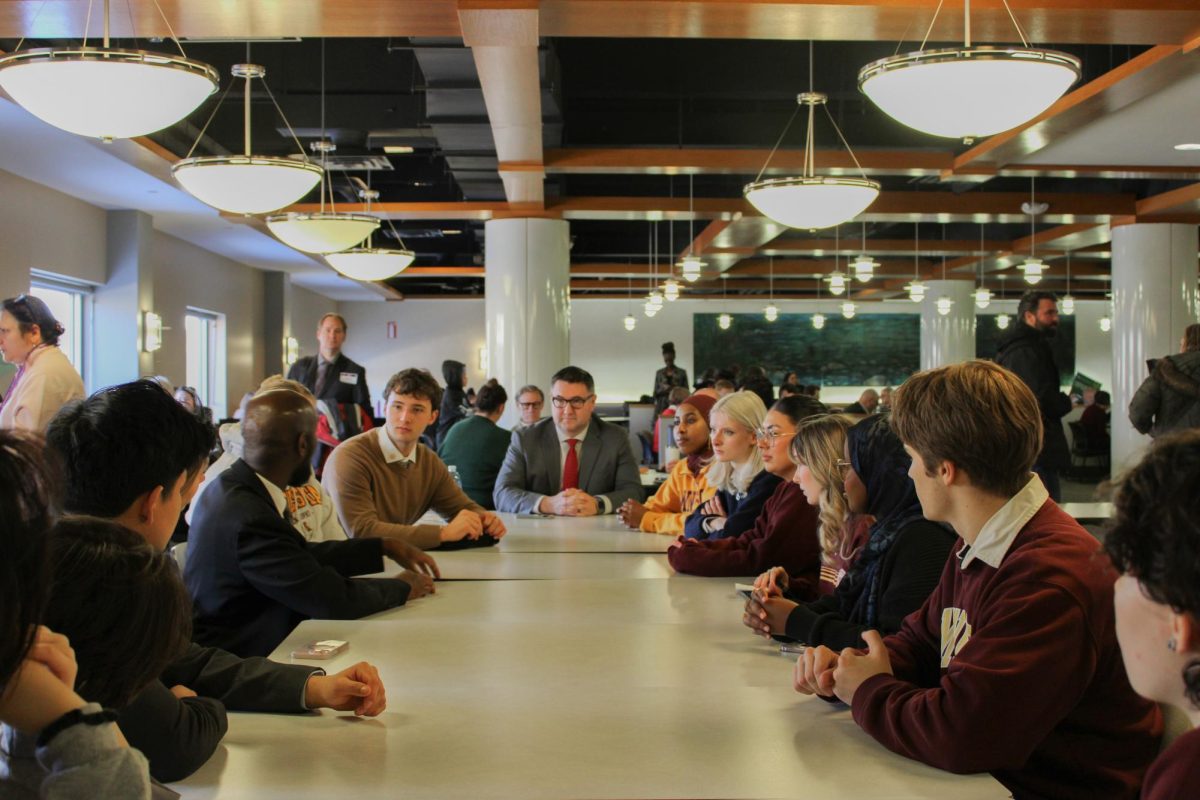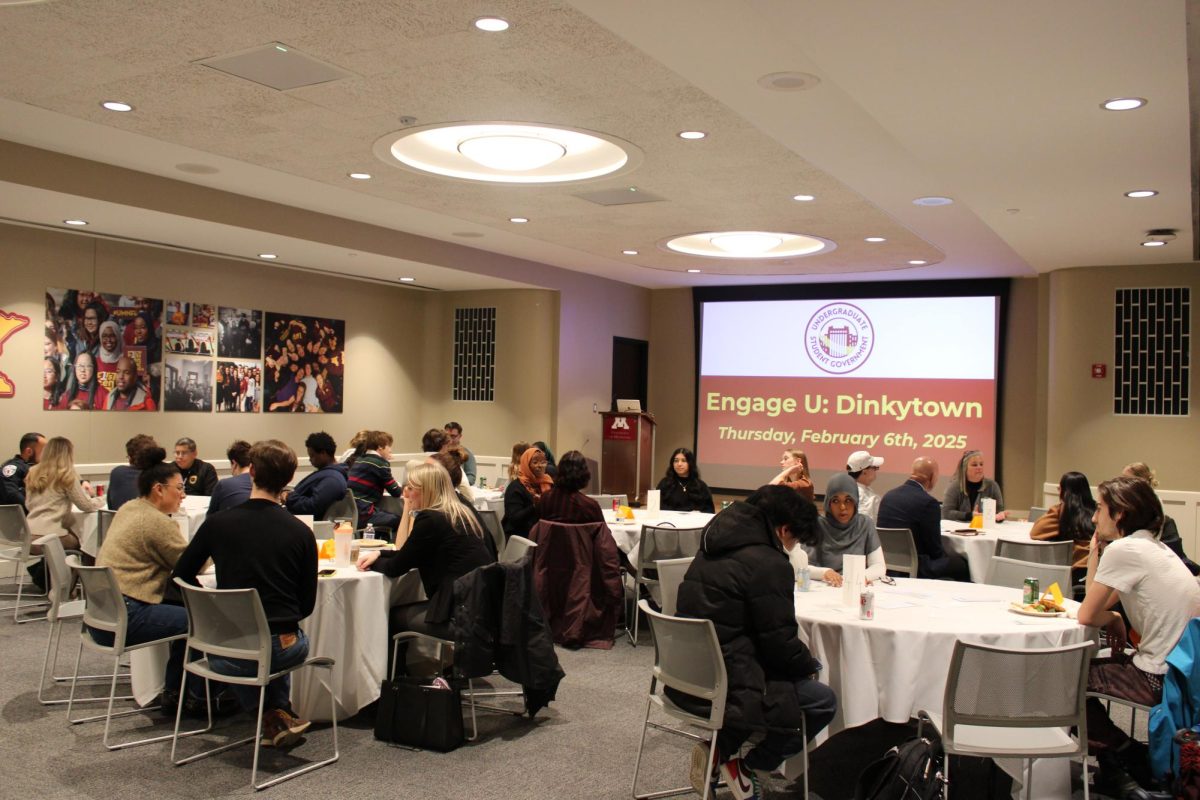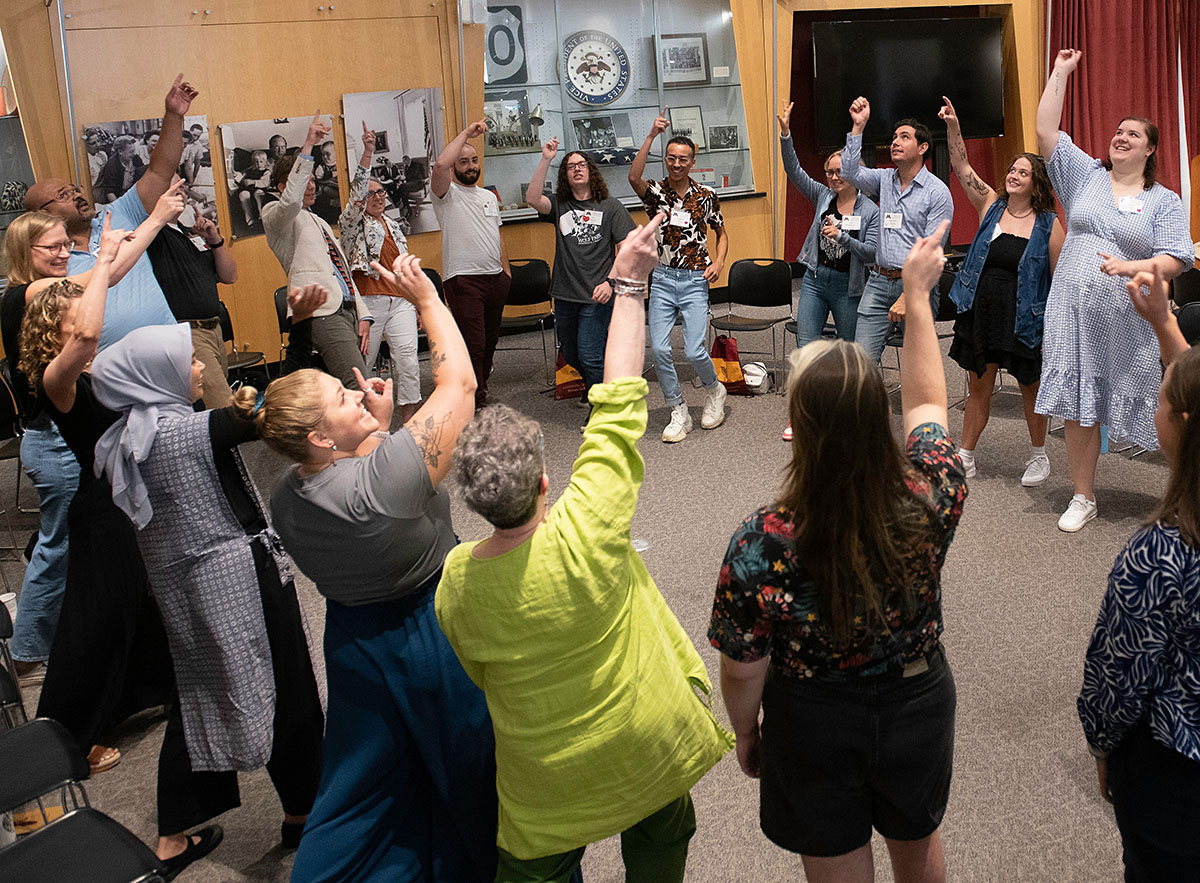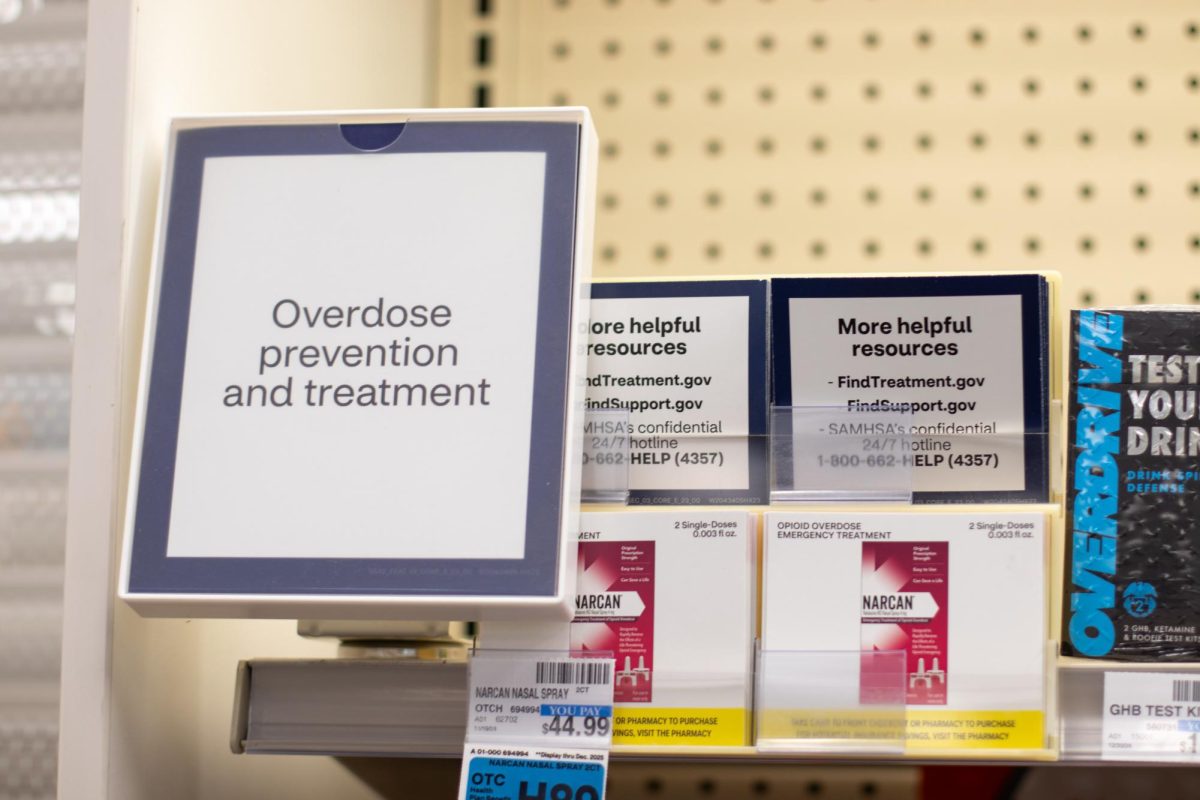The University of Minnesota Undergraduate Mock Trial Association sent two out of three teams to compete in the Opening Round Championship Series (ORCS) in St. Paul this past weekend in hopes of moving on to nationals.
Despite not getting enough bids to move on, the University’s silver team beat their previous year’s ORCS record, bringing personal success to the team.
Jin Bang, a second-year student on the executive board and gold team for mock trial, said the University’s maroon team is ranked top 100 in the nation. As a result, they usually go to ORCS, but they did not get enough bids to qualify for this year’s competition.
Bang added this is the first time both the gold and silver teams have gone to ORCS, and the second time in ORCS history the silver team has gotten a bid.
According to Riley Hetland, a first-year student and silver team co-captain, only two teams are allowed to go to each regional tournament, so the maroon (A) and gold (B) teams went to one tournament, whereas their silver (C) team was assigned a more difficult regional. The tournament assignments were handed out by the American Mock Trial Association.
“It just didn’t look like we were going to make it and we were facing really really hard teams,” Hetland said. “We got our bid to ORCS at the harder regionals and no one expected it.”
Emily Sapyta, the silver team’s other co-captain, said last year the team only got half a ballot out of the eight ballots at ORCS, meaning they tied with another team. This year, the silver team won a full ballot and tied for another.
“I think in that sense, we were very successful, but obviously we aren’t going to nationals so it just depends on how you define it,” Sapyta said.
What is mock trial?
The University Mock Trial Association is a student-run organization that competes against other colleges in mock trial competitions.
In competitions, a group of lawyers or the American Mock Trial Association (AMTA) makes a fictional case released in late August which the team argues for the entire season, according to Sapyta.
“The entire thing is about not necessarily what the case is, because you know what the case is, you’re just presenting the best case you can,” Sapyta said.
Sapyta added that AMTA makes all the necessary materials, including affidavits, exhibits, case laws, stipulations and special instructions. The team stays within the bounds of the case packet and presents the case at competitions.
Each trial consists of a prosecution or plaintiff team from one college and a defense team from another. Teams then form a case theory and select witnesses from a pool in order to structure their case’s narrative.
Students can participate as witnesses or attorneys, assigned by the coach of each team at the beginning of every “stack season,” Sapyta said.
The University has three teams: maroon, gold and silver. Each team has between six and 10 people plus a coach and a captain. Students are randomly assigned a team during the “pre-stack,” or first month of the season.
“After the first two tournaments of randomly being assigned, we get stacked based on skill level and coincidentally, freshmen usually aren’t as good so a lot of us got put on the silver [team],” Sapyta said.
Hetland said mock trial is a good place to learn all of the courtroom procedures, like the ones seen on “Law and Order,” where actors say “objection” or “hearsay.”
According to Hetland, one of mock trial’s bigger challenges is about presentation and confidence.
“It’s a lot about confidence and how you present yourself in the round and a lot of people get nervous if there’s like an objection they don’t know very well,” Hetland said.
Bang said there are a lot of big personalities in mock trial that can sometimes make it difficult for everyone to be on the same page.
“Everyone is really dedicated about the organization,” Bang said. “I’ve met so many friends through mock trial now. It’s just a good activity to meet people and try new things.”
Sapyta said many people in mock trial plan to go into law school or some political field, but that is not true for everyone.
“We all pretty much want to be lawyers, we all love to argue,” Sapyta said. “That can always be a hurdle to jump through because we all like to think that we’re right, and we all just like love to hear ourselves talk.”
According to Sapyta, one of the messages she and Hetland pushed as captains was to stay positive.
“How accepting and how fun it is to both enjoy the activity and know that I’m doing something that is going to help me in the future — that probably is one of my biggest takeaways from this year,” Sapyta said.
To find out more information about the University’s mock trial teams, go to the Litigophers Instagram or website.
This article has been updated.


